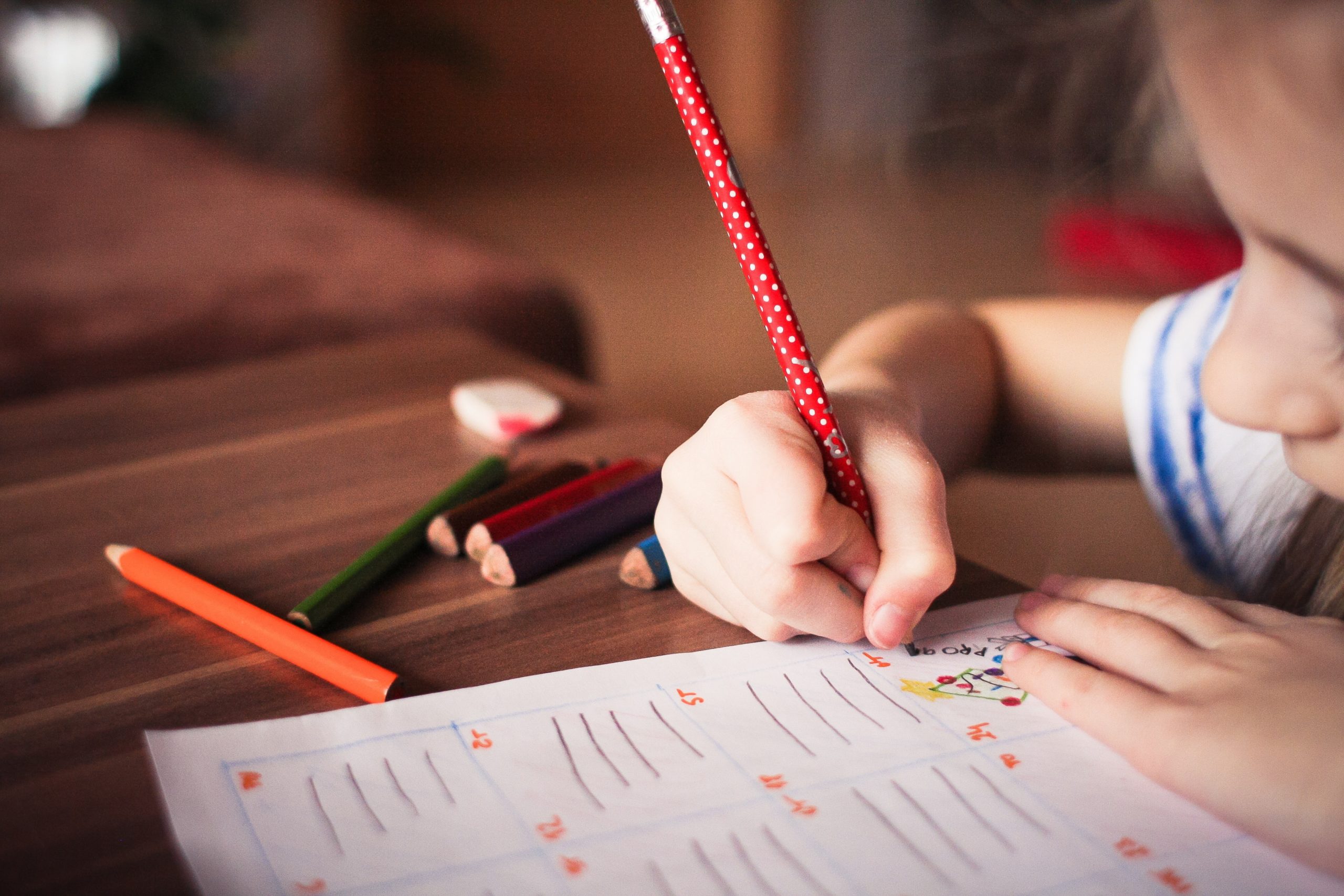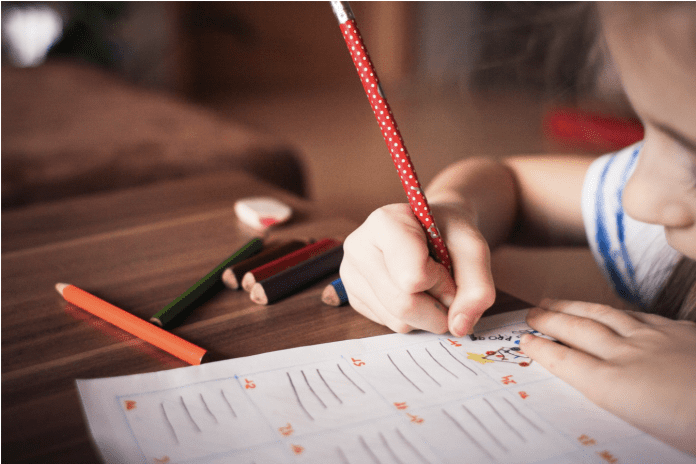
As mothers, we strive to do our best to raise our children, we often look for tools, activities and people to help us navigate motherhood and shape our children’s mind positively so that they turn into healthy, happy, independent adults. I was introduced to the book entitled Mindset: The New Psychology of Success by Carole S. Dweck that changed the way I talk to my 5 years old daughter.
Praise
It comes naturally to us to praise our children when they do well. I mean, how many times have we said “good job,” “you are really good at this,” “you are such a good helper,” and the list goes on. We assume that words of positive reinforcement regarding our child’s intellect and talent would make them feel more confident in their abilities and push them to do better. What if I told you that praising affects a child’s worth and negatively impacts their motivation to accomplish more.
Fixed and Growth Mindset
To understand how praise can backfire, it is important to understand the role mindsets play. Some people have a fixed mindset. They think their abilities, talents, and intelligence are fixed attributes. Those with fixed mindsets believe that intelligence and talent is determined at birth. Others have a growth mindset, they think intelligence and abilities are things that can be developed and cultivated. We adopt either one of those mindsets or a mixture of both from childhood.
Praising intelligence and talent condition children to develop a fixed mindset. Children as well as adults with a fixed mindset would rather complete a task that they know instead of something challenging because they fear failure. Failure means that they are not smart or talented anymore. Consequently, those children don’t take setbacks well; they would sulk and let failure define their worth.
When children have a growth mindset, they do not fear failure, instead failure is an opportunity to challenge themselves. In other words, failure increases their abilities and achievements in the long run.
Harnessing the Growth Mindset
First, our brain needs to be nourished to strive. Diet and sleep play an important role however, our brain expands with new experiences. The development of new skills, which is strengthened through hard work and persistence, is crucial in developing a growth mindset. Therefore, one way to ensure that children are developing a growth mindset is to teach them that their brain is malleable. Every time they learn something new, their brain becomes stronger and healthier.
Second, instead of praising intelligence “you are so smart” or talent “you are so good a basketball,” praise your child’s perseverance and their improvement. For example, you can praise your child’s perseverance by saying “I can tell you’ve been practicing” or “I like the way you’re sticking to it, even when it is difficult”
Third, stay away from empty praises such as “your drawing is beautiful” or “just do your best”. Be sincere because even young children can sense when someone is praising poor performances.
Final Thoughts
Parents, teachers, coaches, and essentially anybody who interacts with children play a very important role in fostering either a fixed or growth mindset. In the long run, the latter will ensure a generation of individual who value hard work, is better equipped to face challenging situations, and who do not fear failure.









